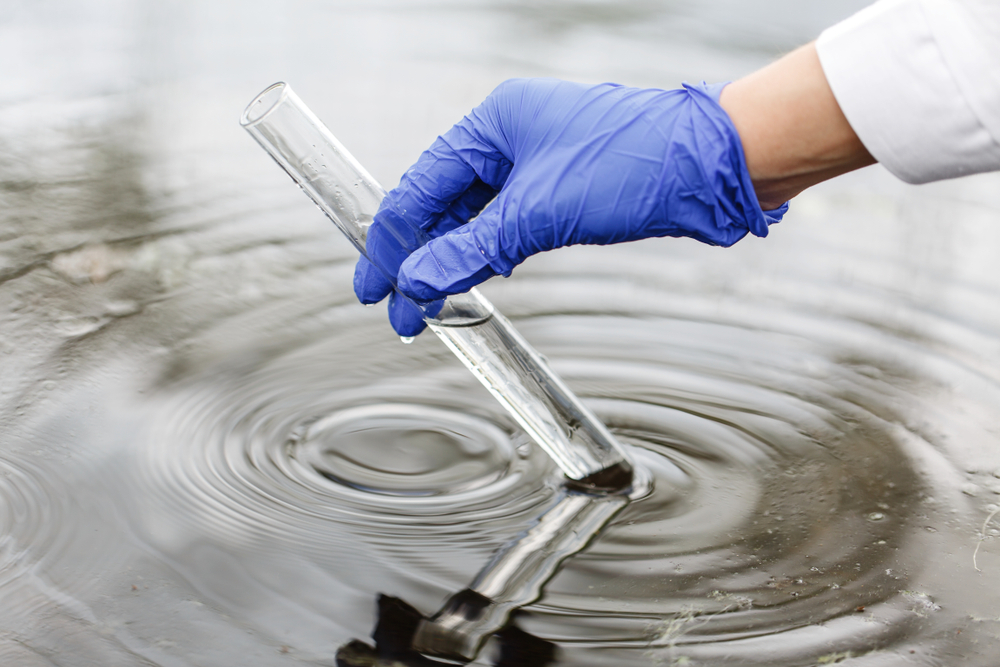The Environmental Protection Agency (EPA) has taken a significant step forward in protecting public health by prohibiting the use of two hazardous chemicals—trichloroethylene (TCE) and perchloroethylene (PCE)—that were linked to water contamination at the Marine Corps Base Camp Lejeune in North Carolina. This ban is particularly relevant for individuals who lived or worked at the base between 1953 and 1987, a period during which the drinking water was allegedly tainted with these toxic substances.
What are TCE and PCE?
Trichloroethylene (TCE)
TCE is a volatile organic compound primarily utilized in industrial applications, particularly as a solvent for cleaning and degreasing metal parts. It is known for its effectiveness in various manufacturing processes but has a notorious reputation due to its potential health risks. Long-term exposure to TCE has been linked to severe and potentially life-threatening health issues, including various forms of cancer, liver damage, and neurological effects.
Perchloroethylene (PCE)
PCE, also known as perc, is another solvent commonly used in dry cleaning and certain industrial processes. Like TCE, PCE has been associated with significant human health risks, including damage to the kidneys, liver, and immune system. The EPA’s ban on PCE is particularly crucial as it addresses its widespread use in consumer products and commercial applications.
Background of Water Contamination at Camp Lejeune
From 1953 to 1987, the water supply at Camp Lejeune was contaminated with TCE, PCE, and other harmful chemicals. This contamination stemmed from various sources, including leaking storage tanks, industrial waste, and improper disposal of hazardous materials. The consequences of this contamination have been devastating, allegedly leading to serious health issues among veterans, their families, and civilian employees at the base.
Potential Health Impacts of Contaminated Water at Camp Lejeune
The long-term exposure to contaminated water has allegedly resulted in a range of health problems for those who lived and worked at Camp Lejeune. Some of the most concerning health effects include:
- Cancer: Numerous studies and government reports have indicated a higher incidence of cancers, including bladder, kidney, and liver cancers, among those exposed to TCE, PCE, vinyl chloride, and other toxic chemicals found in the water at Camp Lejeune.
- Reproductive Issues: Exposure to these chemicals has been linked to reproductive problems, including miscarriages and birth defects.
- Neurological Disorders: Individuals exposed to these solvents may experience neurological issues, including memory loss and cognitive decline.
Understanding the EPA’s Ban on TCE, PCE
The EPA’s ban on TCE and PCE marks a crucial victory in the fight against water contamination and its associated health risks. The agency’s decision reflects a growing recognition of the dangers posed by these chemicals and a commitment to protecting public health.
What Did the EPA Actually Ban?
The EPA has banned all uses of TCE over time, effectively eliminating its presence in consumer products and industrial applications, “with the vast majority of identified risks eliminated within one year.” The ban on PCE includes all “manufacture, processing and distribution in commerce of PCE for all consumer uses and many commercial uses, while allowing some workplace uses to continue only where robust workplace controls can be implemented.” The EPA has set a timeline for phasing out existing stocks of these chemicals and ensuring that safer alternatives are implemented in their place.
Community Response and Advocacy
The announcement of the EPA’s ban has been met with a mixture of relief and frustration among veterans and their families. Many believe that this action should have been taken decades ago, given the known risks associated with these chemicals. Veterans and others who were affected themselves or lost loved ones allegedly due to Camp Lejeune’s contaminated water have long advocated for accountability and action from the government. The water contamination at Camp Lejeune has led to numerous claims and lawsuits from affected individuals seeking compensation for their alleged injuries. This ban may bolster these claims by providing further evidence of the potential dangers associated with TCE and PCE.
Accountability for Toxic Exposures Among Veterans
The EPA’s ban on TCE and PCE is a significant milestone in addressing the long-standing issue of water contamination at Camp Lejeune. While this action brings hope for improved public health protection and justice for affected veterans, it also highlights the ongoing need for accountability for those affected by these toxic chemicals. As more individuals come forward with accounts of toxic exposure, the fight for justice continues, underscoring the importance of safeguarding the health of current and future generations.
Camp Lejeune Lawsuit Information
Health effects linked with trichloroethylene (TCE), tetrachloroethylene (PCE), benzene, and vinyl chloride exposure, Agency for Toxic Substances and Disease Registry
Camp Lejeune Water Claim, Leading Justice




